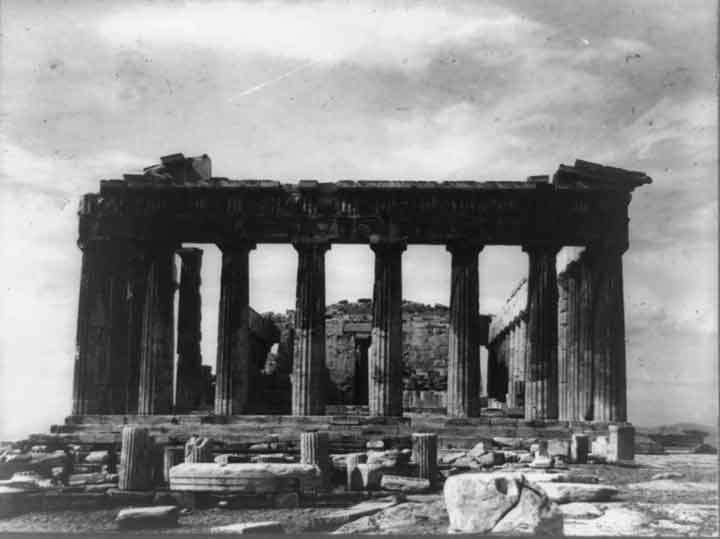Greek Monarchy Restored Civil War Begins

In September 1946 the Greeks voted by a margin of 68 percent to 32 percent to return the monarch to Greece. King George II was returned to the thrown. The plebisite which was considered suspect by some, resulted in the start of the Greek Civil War. The war was fought by the communist who had substantial support in Greece and those supporting the Royalist. The war continued for three years and ended in a Communist defeat
The referendum on whether Greece should maintain the monarchy was the fourth such referendum held in Greece since 1920. The referendum took place against the backdrop of a Civil War that had been taking place in Greece since 1944. That Civil War was between the government and the EAM/ELAS, which was affiliated with the Greek Communist Party. At the end of World War II, it looked like the EAM/ELAS would be able to seize control of the country, but the British rushed two divisions from Italy Greece and defeated the insurgents. According to the Treaty of Varkiza, the EAM/ELAS were to surrender their weapons but were to be allowed to participate in the country's political life. Unfortunately, the treaty was only partially observed with the EAM/ELAS only submitting some of their weapons while retreating to the mountains. At the same time, right-wing groups often terrorized supporters of the Communists in the cities.
Immediately preceding the referendum, parliamentary elections were held in Greece in which the conservative parties had won a landslide. The conservatives supported the monarchy, while centrist Greeks were split in their views. The communist who had boycotted the parliamentary elections also boycotted the referendum. The referendum results were 1,136,298 or 68% for maintaining the monarchy, while 524,771 (31%) opposed the continuation. There were irregularities in the vote. However, the Allied Mission to Observe the Greek Elections [AMFOGE] stated that despite the irregularities and pressure the government might have exerted on voters to support the monarchy, the referendum would have passed even without those efforts.
 >
>